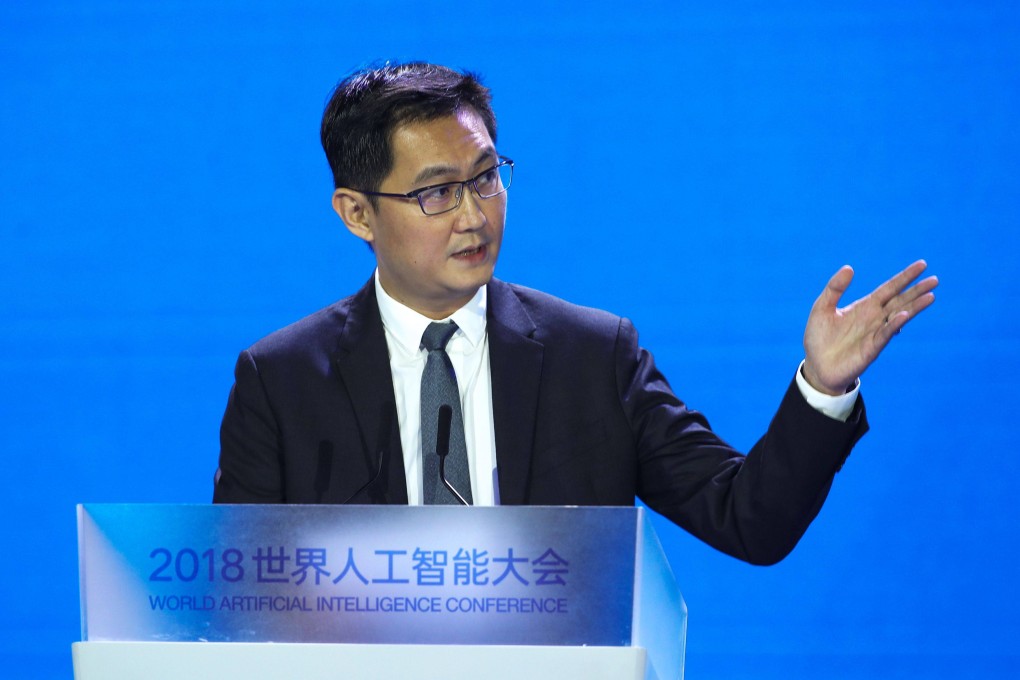Shenzhen University wants another ‘10 like Tencent’s Pony Ma’ as China’s start-ups come under pressure from tech talent war
- Shenzhen University principal Mao Junfa wants his institute to cultivate more entrepreneurs like the Tencent founder, but some are sceptical
- The remarks come amid China’s growing unease over headwinds in its technological advancement, including the fight to attract key talent

The principal of Shenzhen University wants to cultivate “10 outstanding entrepreneurs” on par with Pony Ma Huateng, an alumnus and the founder of Tencent Holdings, in a call that comes amid a decline in private entrepreneurship in China.
Ma, who graduated from the school’s computer department, is one of the most successful technology entrepreneurs in China, creating the country’s most valued technology giant. Ma, 51, has maintained a low profile in recent years.
Mao Junfa, who joined the university as principal in February, made the comments at a forum in Shenzhen on Tuesday.
“[I] hope that by the middle of this century we will be able to cultivate another 10 distinguished alumni like Ma Huateng … to turn Shenzhen into China’s silicon valley and have Shenzhen University play a role that Stanford [University] played [in the US start-up ecosystem] at the time,” he said.
Mao is also an academic with the Chinese Academy of Sciences and a former deputy principal at Shanghai Jiao Tong University.